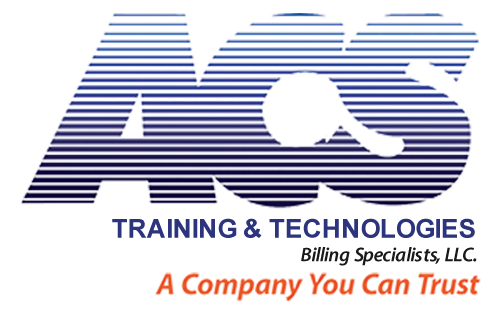
Registration and Intro.
Information Governance and Cyber Security in the real world - Cyber security as a strategic risk.
Information Governance and Cyber Security in the real world -Understanding the 3rd parties risk.
Case studies/discussion sprints:
Responding to cyber security incidents and data breaches. Challenges and guidance for healthcare organisations: preparing for threats, Incident Response Process, Disaster Recovery Plans, Evidence Collection and Preservation, Incident Investigation, Root Cause Analysis and Incident Reporting.
Case studies/discussion sprints:
National resilience units and healthcare. Notification to supervisory authorities, fines and corporate embarrassment.
Case studies/discussion sprints:
Improving cyber readiness and resilience in health care settings.
Improving cyber readiness and resilience in health care settings.
Improving cyber readiness and resilience in health care settings.
Case studies/discussion sprints:
Legislation, policies, code of practice and guidelines.
Supervisory Authorities regulations, Data Protection (GDPR), Duty of Confidentiality, Freedom of Information, Integrated Health and Social Care, Access to Health Records, Public Records, Criminal Justice and Immigration, Data Handling, Health Service Operating Frameworks, IG Assurance Frameworks, Human Rights, Computer Misuse, Privacy and Electronic Communication Regulations, PCI/DSS, Records management.
Effective structures for decision making and managing information security.
Case studies/discussion sprints:
Taking a holistic & pragmatic approach
Information Security Management Systems
Case studies/discussion sprints:
Summary of the course
| Course Program | |
|---|---|
| Time | Topic |
| TIMINGS | Day 1 |
| 08:00 to 08:30 | Registration & Introduction |
| Day 1-3 | |
| 08:30 to 10:00 | Session One |
| 10:00 to 10:15 | Morning Break & Networking |
| 10:15 to 12:15 | Session Two |
| 12:15 to 13:15 | Lunch Break & Networking |
| 13:15 to 14:45 | Session Three |
| 14:45 to 15:00 | Evening Break & Networking |
| 15:00 to 16:30 | Session Four |